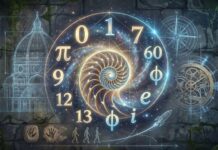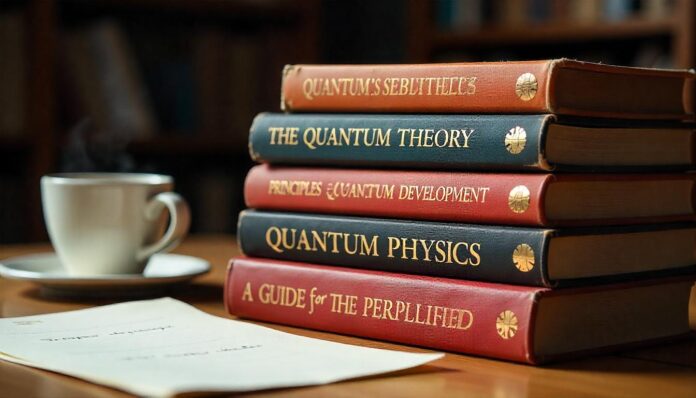
Quantum physics often feels like something brutally complicated and perhaps from another world. But some books actually break it down into digestible ideas for curious minds.
In all reality, quantum physics is not just about understanding equations; it’s about understanding how the universe fundamentally works at its tiniest levels.
The beauty of quantum physics lies in its paradoxes and surprises—particles behaving like waves, objects existing in two states simultaneously, and spooky actions at a distance.
These phenomena are not just theoretical musings; they have real-world applications in technologies like quantum computing and cryptography. Yet, most of us shy away from learning about them because they seem overly complex.
Thankfully, some authors have mastered the art of explaining these concepts without overwhelming their audience.
So, let’s take a look at some of those really really books.
1. “Quantum: Einstein, Bohr, and the Great Debate about the Nature of Reality” by Manjit Kumar
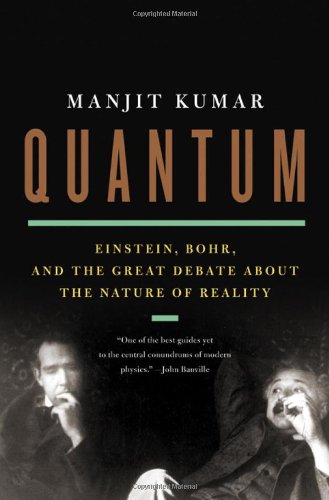
This book really reads like a detective story, taking you through the historical battles between the giants of physics. Manjit Kumar sets the stage for the famous debates between Albert Einstein and Niels Bohr, focusing on their clashing views of quantum mechanics.
The narrative gives you a peek into their personalities. Einstein’s skepticism about the uncertainty principle and Bohr’s steadfast belief in it come alive. You’ll get a sense of the stakes involved, as these debates weren’t just academic; they shaped the direction of modern science.
The book also provides fascinating glimpses into the personal lives of these scientists, making them feel more relatable and human. By the end, you’ll feel like you’ve been in the room with these legends, watching history unfold firsthand.
2. “QED: The Strange Theory of Light and Matter” by Richard Feynman
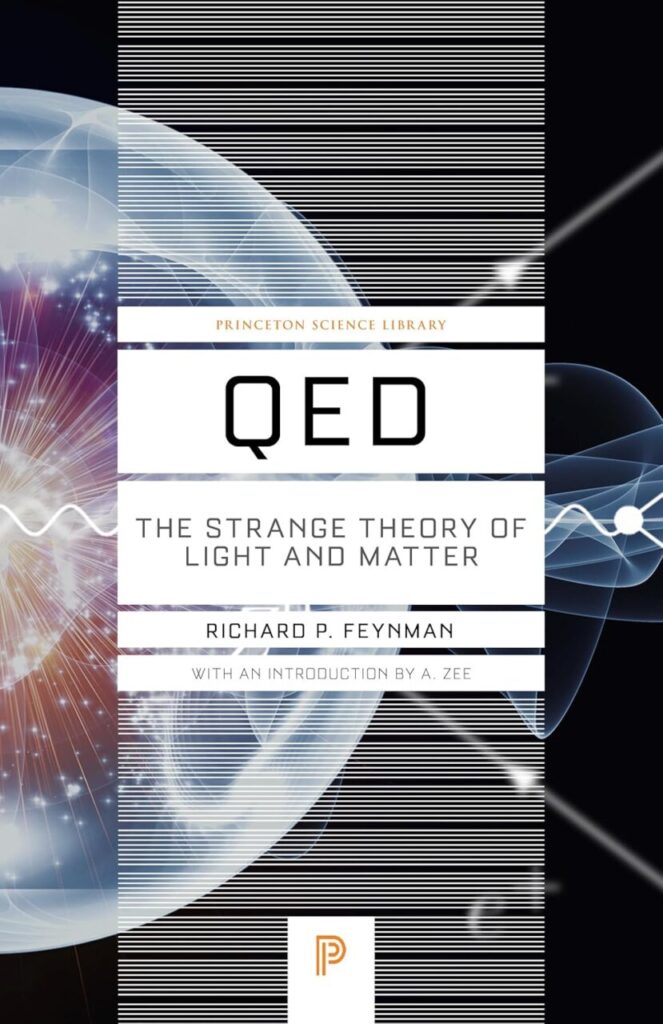
If anyone could make quantum physics sound like a casual chat, it’s Richard Feynman. This book focuses on quantum electrodynamics (QED), which deals with how light and matter interact.
Feynman uses straightforward examples, like how mirrors work or why glass is transparent.
He doesn’t bury you in jargon. Instead, he draws diagrams and uses metaphors to make abstract ideas tangible. His style feels like a conversation with an old friend who just happens to be a Nobel Prize-winning physicist.
You’ll certainly walk away with a new appreciation for how photons and electrons dance around us in ways that seem magical. Even if you’re not a math whiz, you’ll come away with a better understanding of the quantum world. Feynman’s humor and anecdotes ensure that you stay entertained throughout.
3. “Quantum Physics for Beginners” by Carl J. Pratt
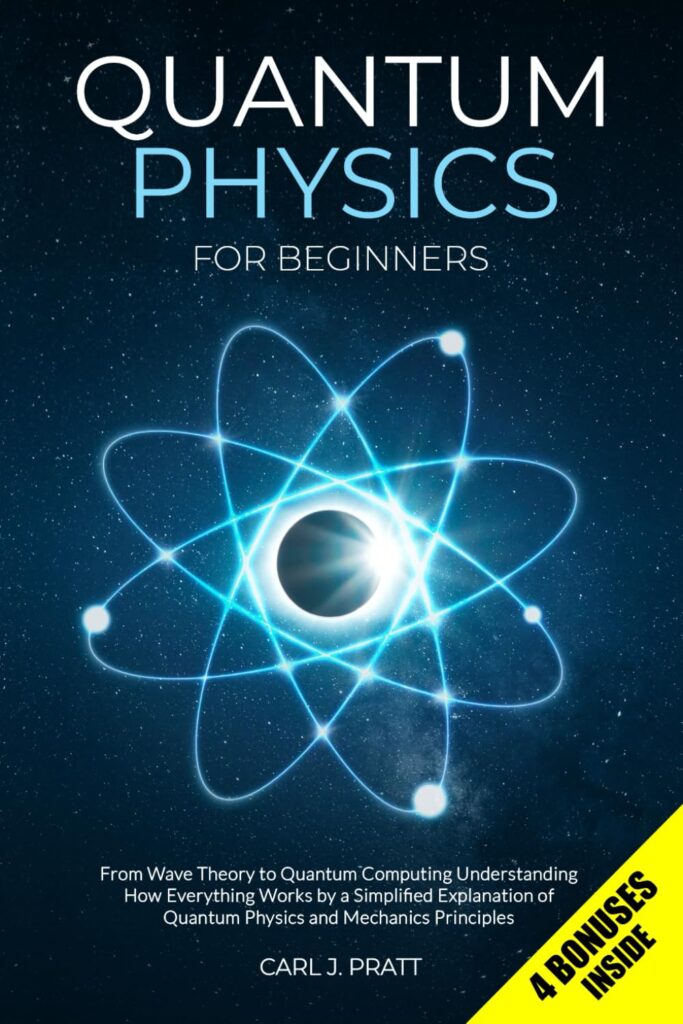
This is the ultimate starter book. Carl J. Pratt explains everything in plain language, assuming no prior knowledge. It’s perfect for someone who finds the term “quantum mechanics” intimidating.
You’ll learn about fundamental concepts like wave-particle duality and Schrödinger’s cat. The chapters are short, the pace is steady, and the examples are relatable.
Pratt uses analogies that are easy to understand, connecting quantum concepts to everyday experiences like tossing a coin or shining a flashlight. It’s a great way to dip your toes into the quantum pool without feeling overwhelmed.
This book is somewhat like a friendly guide holding your hand as you navigate a strange and exciting new world.
4. “The Elegant Universe” by Brian Greene
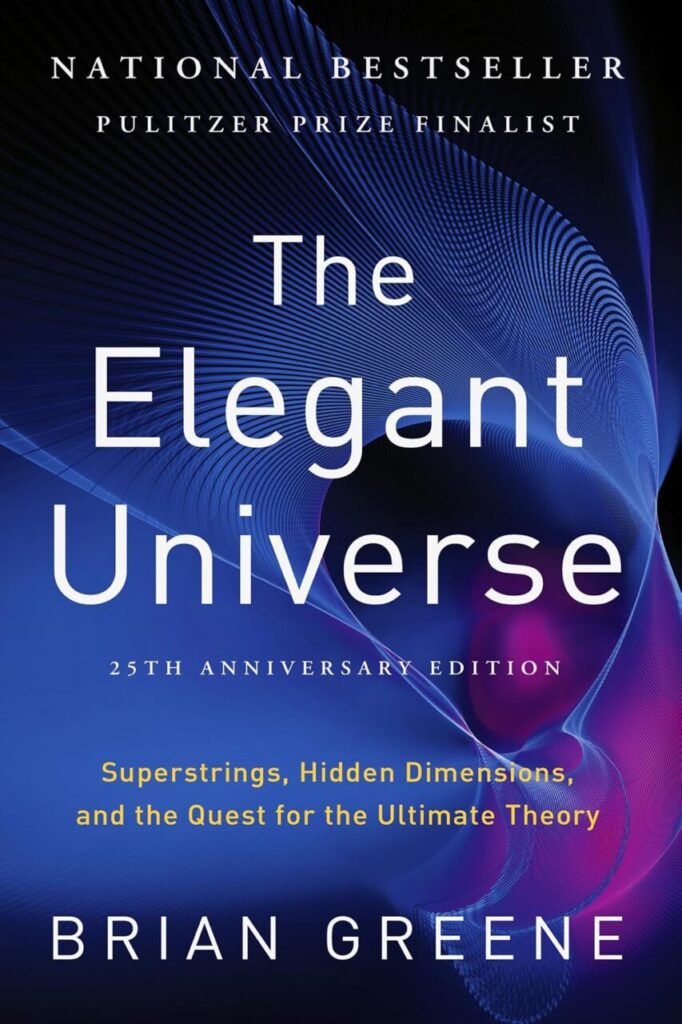
While this book touches on quantum physics, it also dives into string theory— kind of an ambitious attempt to unify all forces of nature.
Greene’s storytelling makes complex ideas accessible and engaging. He explains how quantum mechanics and relativity conflict and why string theory might bridge the gap.
Greene’s enthusiasm is also somehow contagious. He uses creative analogies, like comparing vibrating strings to musical notes, to explain multidimensional spaces.
And you really don’t need a PhD to follow along, but you’ll feel like a genius by the end. The book also provides a glimpse into cutting-edge research, sparking the imagination about what future discoveries might look like.
It’s an invitation to dream big about the universe and our place in it, with Greene acting as the perfect guide.
5. “In Search of Schrödinger’s Cat” by John Gribbin
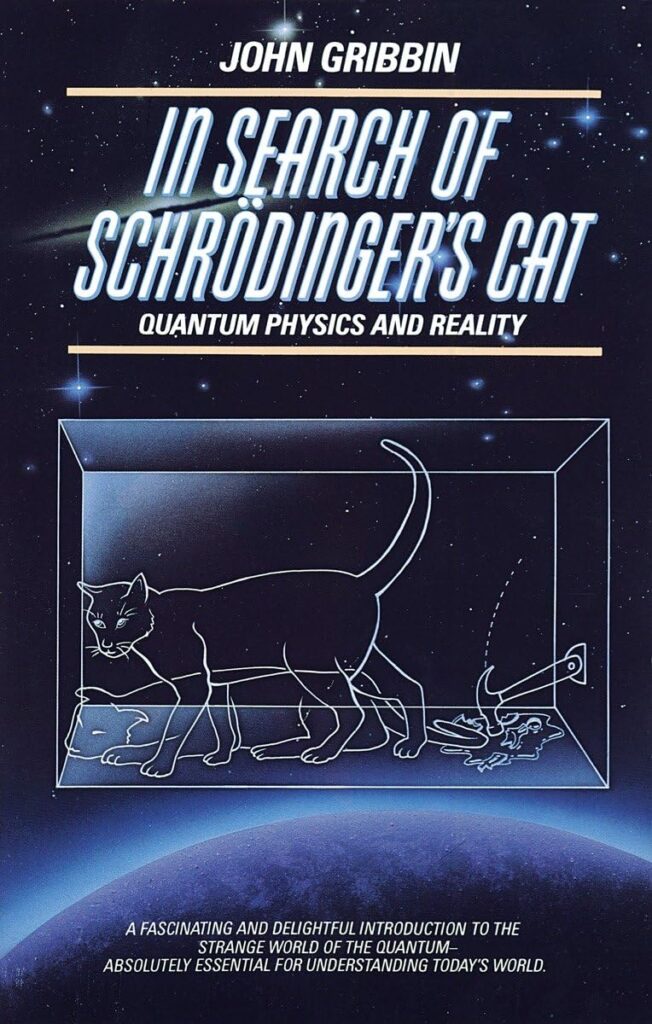
John Gribbin’s book is a classic for a reason. It’s a deep dive into the mysteries of quantum mechanics, written in a way that’s surprisingly approachable. Gribbin doesn’t shy away from big questions: What is reality? Can particles be in two places at once?
The book is packed with real-world applications, from quantum computing to teleportation. Gribbin’s explanations are clear and concise, making this an essential read for anyone curious about the quantum world.
You’ll also find a fascinating history of how these ideas developed, from early experiments to modern breakthroughs. By the time you finish, you’ll have a much better grasp of the quantum realm and its profound implications for technology and philosophy alike.
















